The Great's Sebastian de Souza and the Rise of the "SoftBadBoy"
De Souza's character, Leo, is just the latest in a string of pop culture characters who are broadening the bad boy archetype.
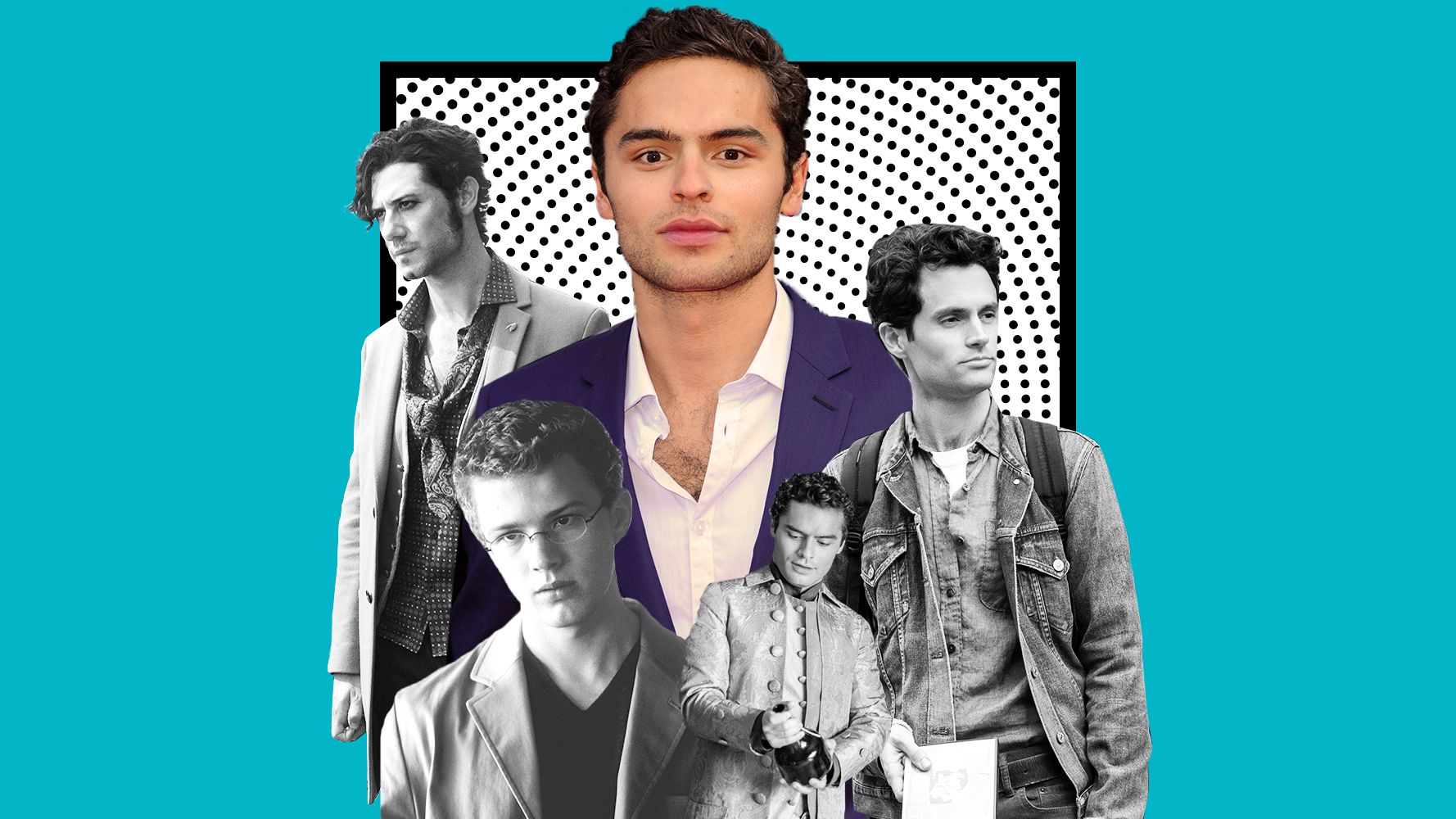
We've been living in the era of the softboy, with the likes of Noah Centineo and Jaden Smith dominating the hierarchy of internet boyfriends—something that might bristle the much-cherished and hard-edged bad boys of yore. (Television's most fantasized about and overused archetype.) And now they both have to compete with a new breed. Someone like Sebastian de Souza as Leo Varonsky in Hulu’s The Great. Someone who's more docile and inconspicuous but will ruin your life all the same. Enter: the softbadboy.
The “softboy” was introduced into culture lexicon in 2015 as a pernicious version of the fuckboy. While fuckboys (or fuckbois) are the guys who never introduce you to their roommates but will keep you around to fulfill their horny needs, softboys, by contrast, are emotionally aware enough to know they're being jerks when they text at 11 p.m. (But that doesn’t stop them from doing it again.) Lately, the term “softboy” has broadened to mean an expression of masculinity that is a little gentler. A softboy is artistic. He wears pastel. He reads Joan Didion and is often sad. He is Timothée Chalamet.
The bad boy, of course, is a much older concept. Convincing arguments have suggested that the bad boy began with Lucifer in John Milton’s Paradise Lost, a beautiful fallen angel who delivered culture’s first fuck you to the establishment. At his core, the bad boy must fulfill a few basic qualifications: general disrespect for authority, a certain degree of moral ambiguity, and familiarity with some kind of underworld. And above all, he must be seductive.
The classic bad boy—that bar-fighting, liquor-swilling, emotionally-withdrawn Lothario à la James Dean or Marlon Brando; Dylan McKay in 90210; Jess Mariano in Gilmore Girls—has always been coded as hyper-masculine. Now, that toxic masculinity is passé. The softbadboy bridges the gap.

The softbadboy is the inevitable progression of the traditional and culturally beloved bad boy. He certainly might have a motorcycle and deep-seated issues with his father, but he is penetratingly attuned to your feelings, and has, I imagine, very soft hands. He combines the rebellious attitude of the bad boy with the emotional acuity and artistic sensibilities of the softboy. Where the bad boy is angry at the world, the softbadboy is filled with melancholic ennui. The bad boy acts out his anger with belligerence; the softbadboy cracks wise. He's often named things like Vincent or Adrian. Or, Leo.
De Souza’s Leo first appears on The Great—a comedic and intentionally anachronistic take on Russian ruler Catherine the Great’s rise to power—in episode three, presented to the empress (Elle Fanning) as a “gift.” (Catherine’s husband, Emperor Peter, played by Nicholas Hoult, believes she needs a lover to cheer her up.) When the Emperor demands Leo drop his pants to, er, inspect the equipment, he responds only with a self-assured eyebrow raise.
Unlike a classic bad boy, the softbadboy is capable of remaining outwardly unrattled, buoyed by his sense of superiority. With his smug gaze and sly smile, he gives the appearance of knowing more than he lets on. He is happy to flout conventions—note Leo responding to Catherine’s queenly authority by taking a languorous seat on her chaise and, just, refusing to obey. Instead of a middle finger, Leo employs a mischievous wink.
Stay In The Know
Get exclusive access to fashion and beauty trends, hot-off-the-press celebrity news, and more.
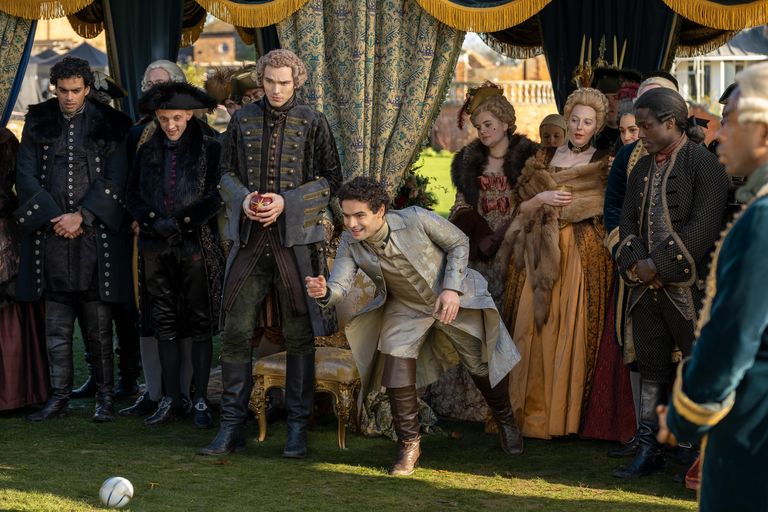
Like any good softbadboy, Leo knows he already has Catherine in his pocket. He presents her with a peach as a gift and advises, “When you eat it, you should bite it once, tilt your head back, and let the juice run down your throat.” It is an obvious seduction tactic, but Catherine is completely taken. Leo proves to be sweet in an earnest, emotive way, but he is certainly still a rebel. Instead of telling the Emperor, “up yours,” he speaks in mocking double entendres and innuendos that the Emperor will not understand. When Leo is moved to strike back out of jealousy, he does so with cruel use of a printing press—not so much fisticuffs.
Early analyses of the softboy cite Adam Brody’s Seth Cohen on The O.C. or Joseph Gordon Levitt’s Tom in 500 Days of Summer. Their softbadboy contemporary might be Ryan Phillippe's Sebastian in Cruel Intentions—certainly a cad, but in a deep, artsy kind of way. I’d call Elliott in The Magicians a softbadboy: blasé and hard-partying, both bad news and deeply empathetic. He lands somewhere between softboy Quentin and bad boy Penny. Jane the Virgin's Rafael and Gossip Girl’s Dan Humphrey? Softboys. You’s Joe Goldberg? Softbadboy. (He’ll lock you in his glass cage, but only to help you pursue your dreams of writing the great American novel, damnit!) And while the archetype is best represented in TV and film characters, there is, arguably, no better example of the softbadboy than Drake.
If bad boy Jess Mariano were a softbadboy, his sardonic wit would remain, but his combativeness would not. He’d read Rumi instead of Bukowski. He’d listen to math rock, not The Clash. He would definitely still skip school but probably to attend a poetry reading. He’d let Rory see him shed a tear or two.
What a softbadboy does, and what de Souza, in particular, seems to do so well, is to take all the hidden depth, mystery, and rebellion of the bad boy, swap the aggression for highbrow flirtation and subversive mockery, and serve it to you in a sensitive, titillating package.
“When you have convinced them, you have made a fool of them and then you have won,” Leo tells Catherine in that first meeting—her first introduction into his underhanded style of bad boy rebellion. I wouldn’t say she let him ruin her life, but nothing was the same after that.
For more stories like this, including celebrity news, beauty and fashion advice, savvy political commentary, and fascinating features, sign up for the Marie Claire newsletter.
Related Stories
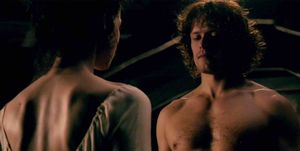
The Sexiest TV Scenes Of All Time

The Must-Watch TV Shows of 2020
Dedicated to women of power, purpose, and style, Marie Claire is committed to celebrating the richness and scope of women's lives. Reaching millions of women every month, Marie Claire is an internationally recognized destination for celebrity news, fashion trends, beauty recommendations, and renowned investigative packages.
-
 'The Pitt' Star Taylor Dearden Says She Sees Her and Dr. Mel's Neurodivergence as "a Superpower"
'The Pitt' Star Taylor Dearden Says She Sees Her and Dr. Mel's Neurodivergence as "a Superpower"Here's what to know about the Max series's breakout star, who just so happens to come from TV royalty.
By Quinci LeGardye Published
-
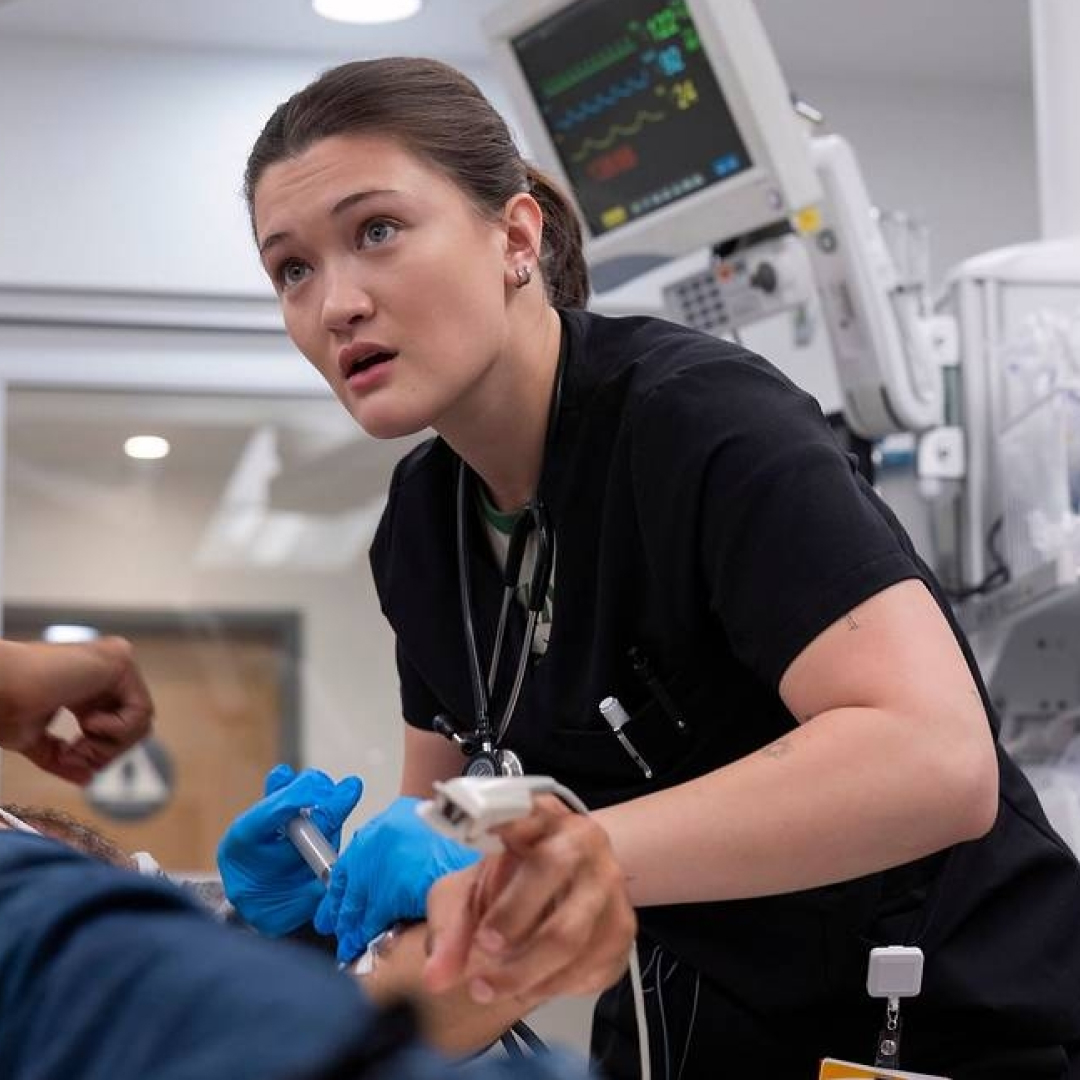 We Owe Trinity Santos From 'The Pitt' an Apology
We Owe Trinity Santos From 'The Pitt' an ApologyThe season finale of the smash Max series proved that the most unlikable character on TV may just be the hero we all need.
By Jessica Toomer Published
-
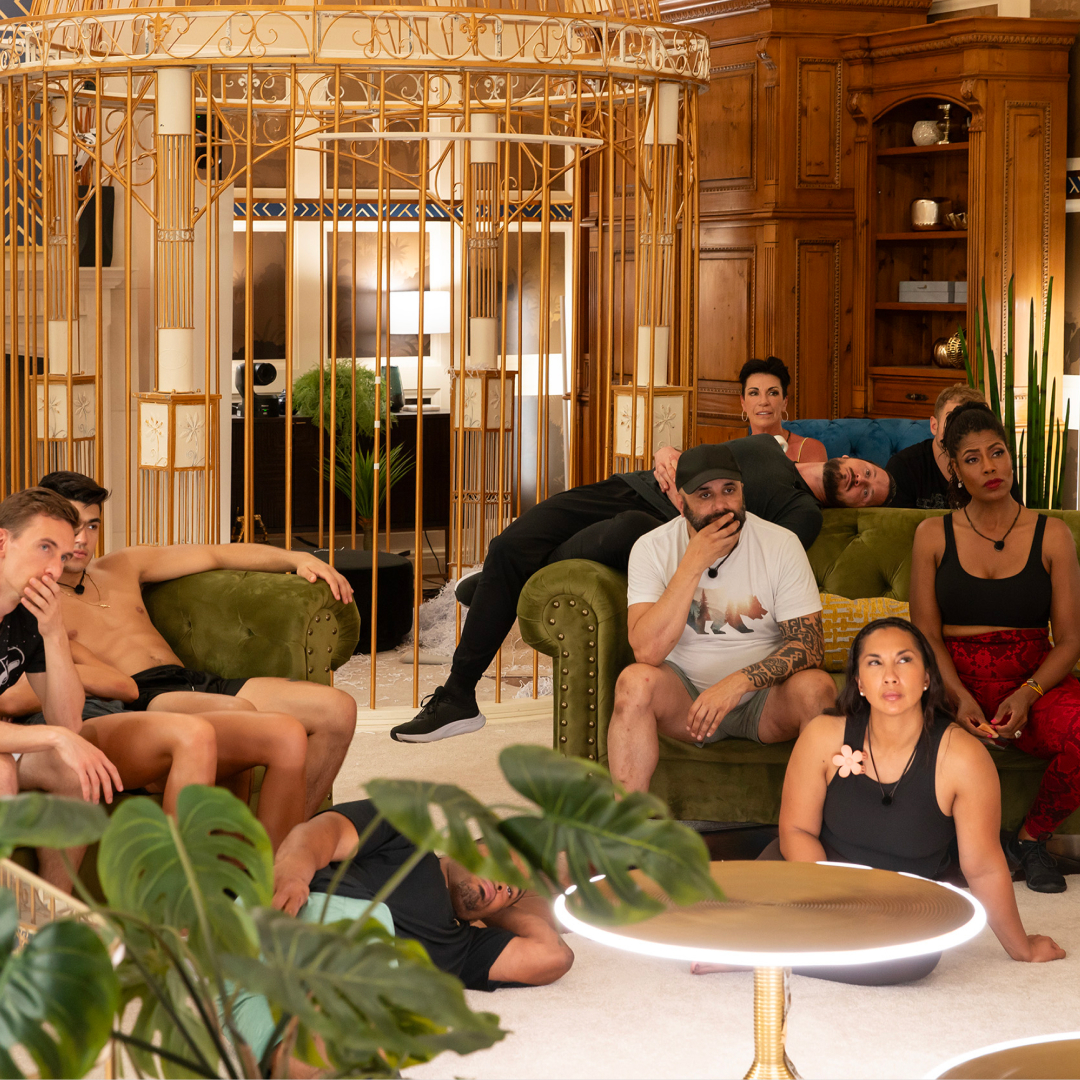 Your Guide to the Cast of 'Got to Get Out,' Which Pits Reality TV Alums Against Each Other for a Chance at $1 Million
Your Guide to the Cast of 'Got to Get Out,' Which Pits Reality TV Alums Against Each Other for a Chance at $1 MillionHulu's answer to 'The Traitors' is here.
By Quinci LeGardye Published
-
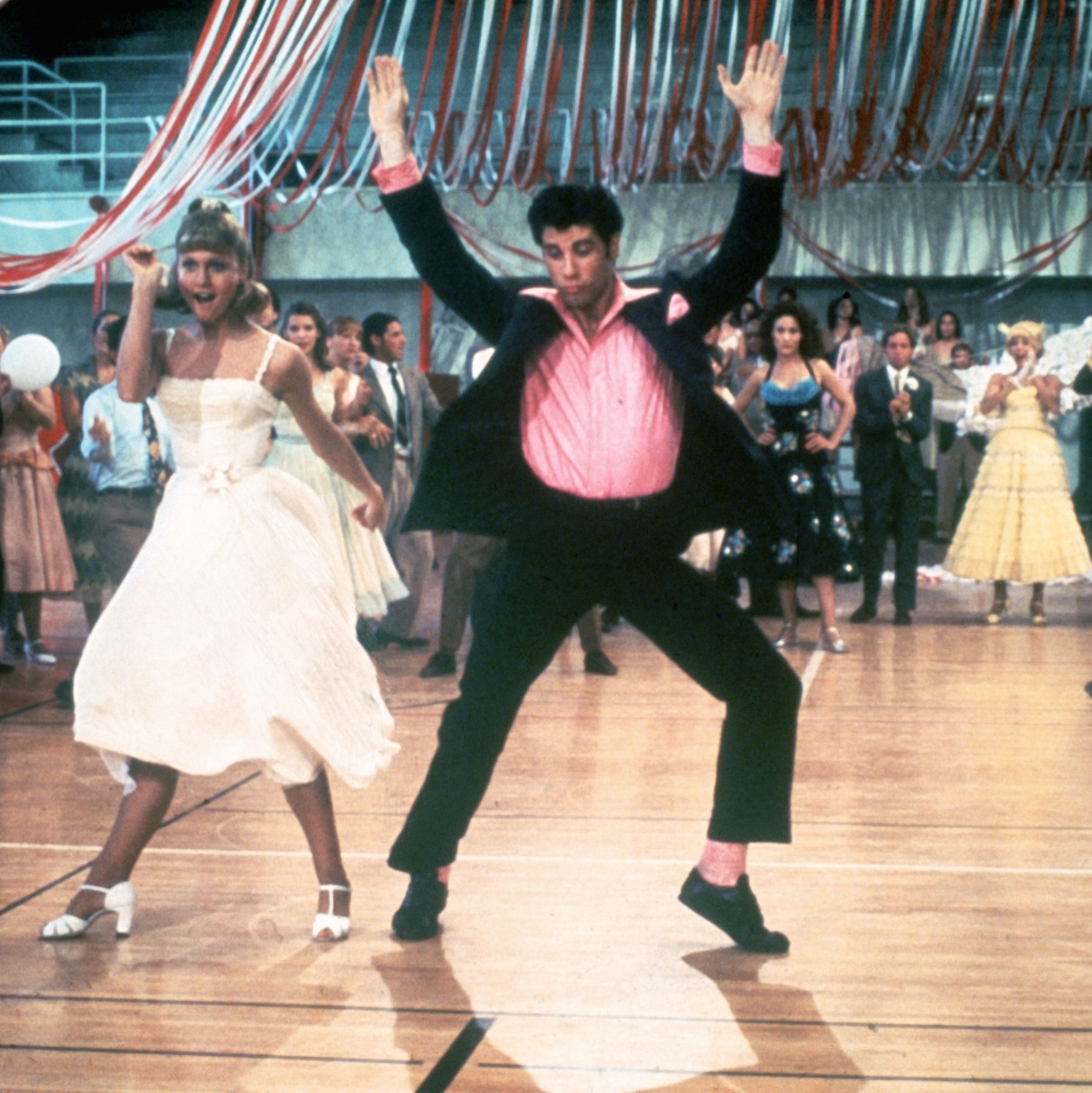 The Most Iconic Prom Dresses in Movies and TV
The Most Iconic Prom Dresses in Movies and TVSandy from Grease is our prom queen, forever and always.
By Sam Escobar Published
-
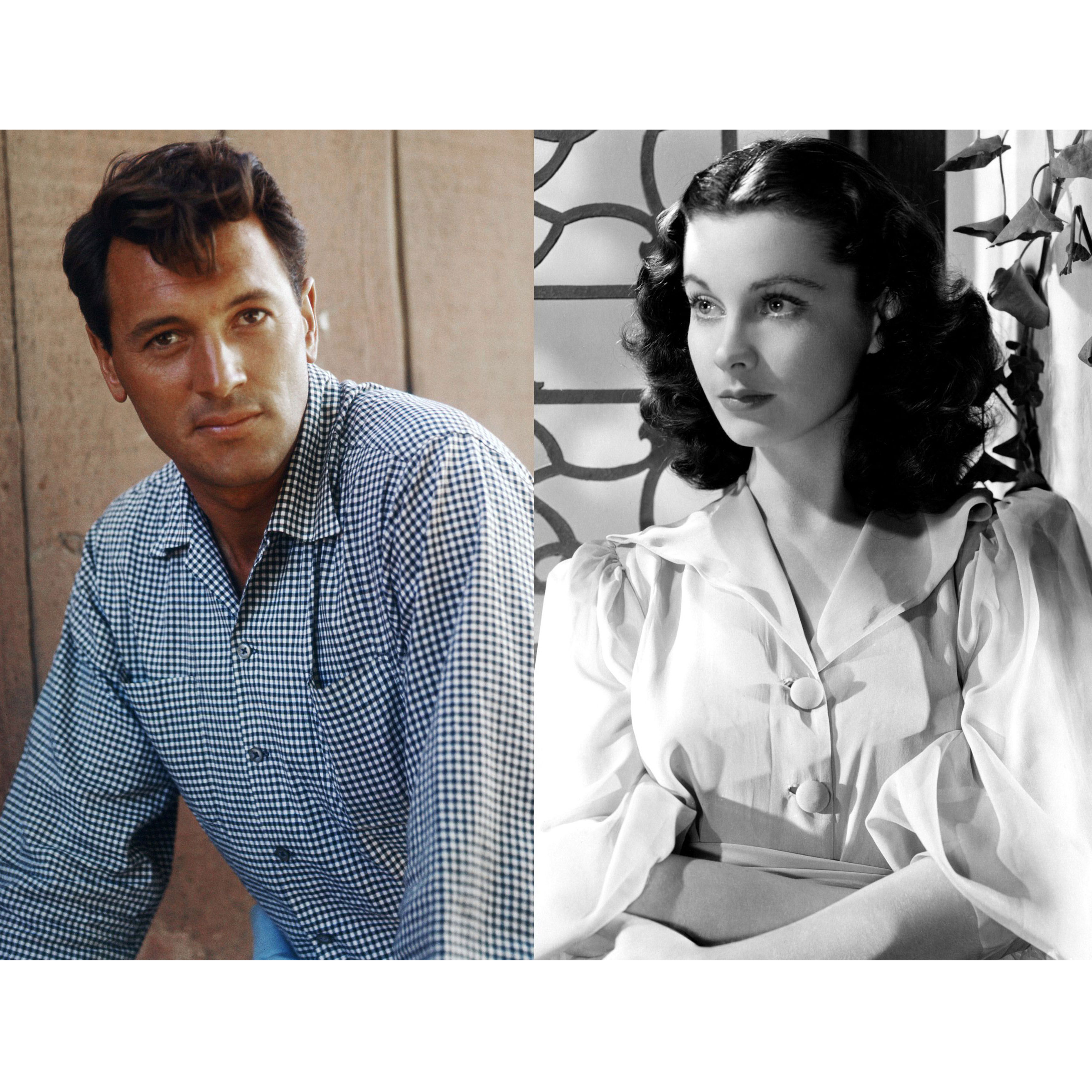 Netflix‘s 'Hollywood': The Real-Life Figures and the Stars That Play Them
Netflix‘s 'Hollywood': The Real-Life Figures and the Stars That Play ThemA guide to the many real icons depicted in Ryan Murphy's buzzy new Netflix show.
By Neha Prakash Published
-
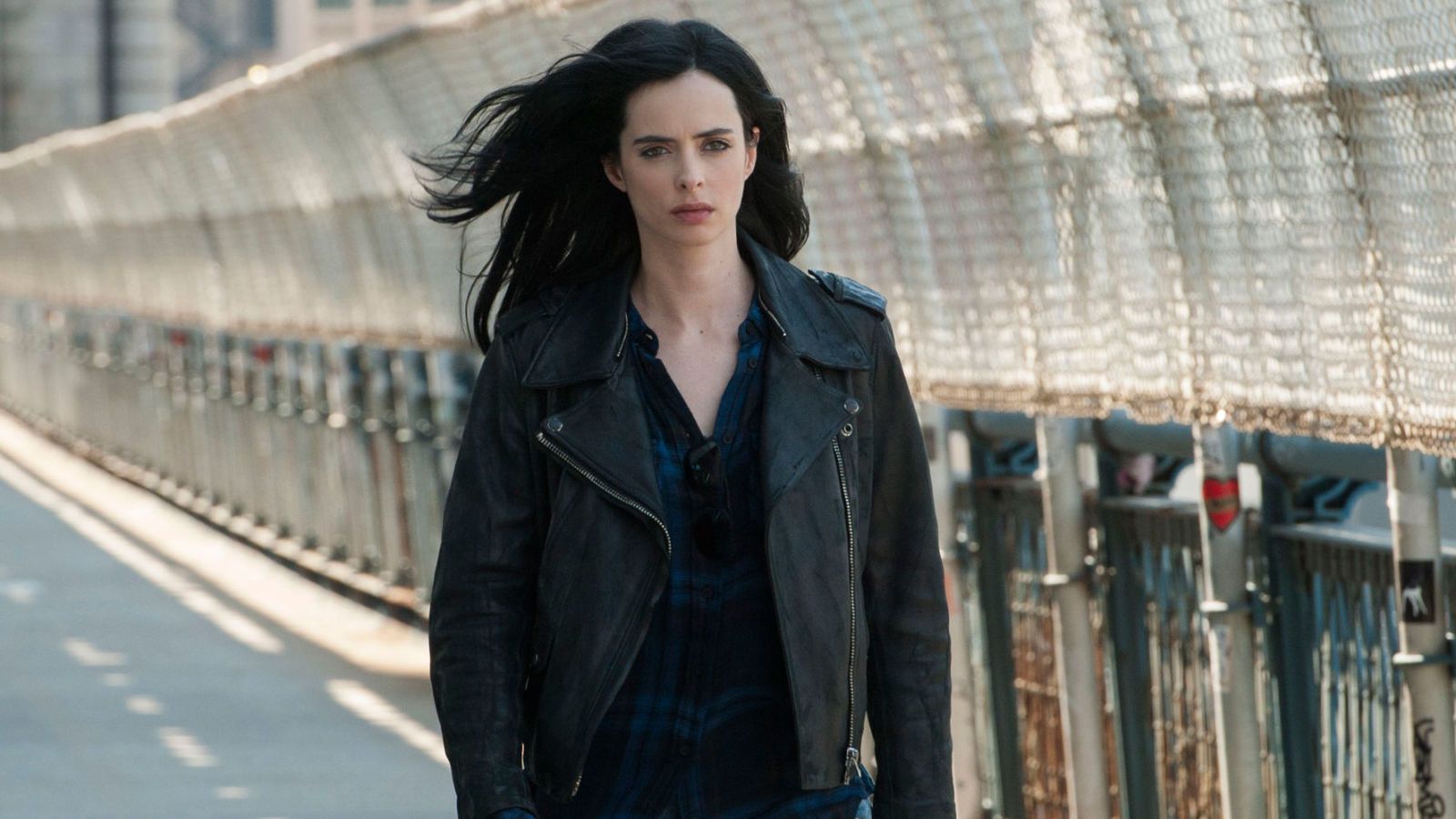 Netflix Just Completely Changed How You Find What to Watch Next
Netflix Just Completely Changed How You Find What to Watch NextYou're going to like what you see.
By Megan Friedman Published
-
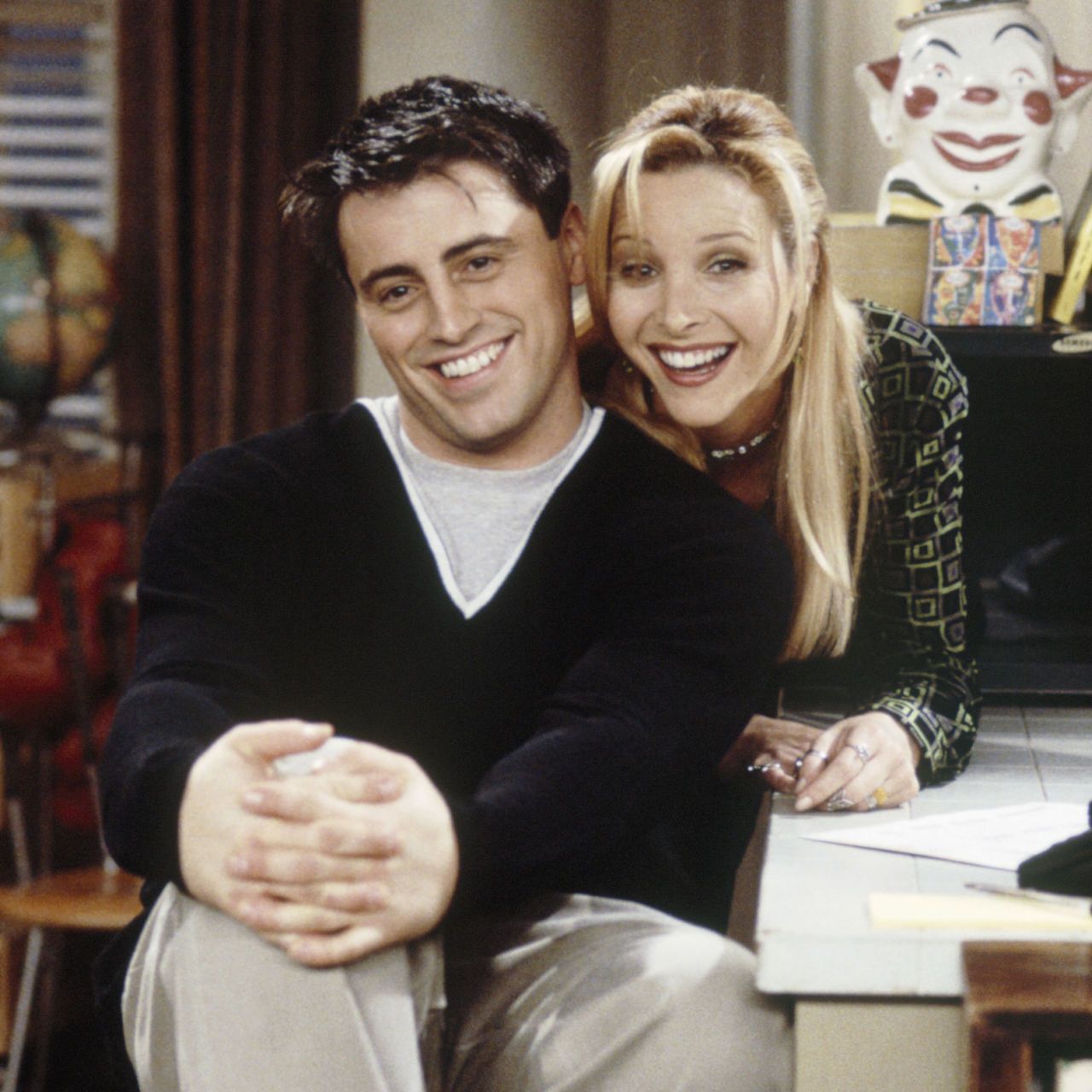 Phoebe and Joey Wanted to Get Together on 'Friends'
Phoebe and Joey Wanted to Get Together on 'Friends'Wait, *why* didn't this happen?
By Megan Friedman Published
-
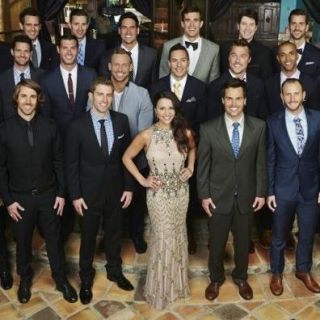 The Word "Clitoris" Is Apparently Too Raunchy for 'The Bachelorette'
The Word "Clitoris" Is Apparently Too Raunchy for 'The Bachelorette'It's not a bad word, folks.
By Megan Friedman Published
-
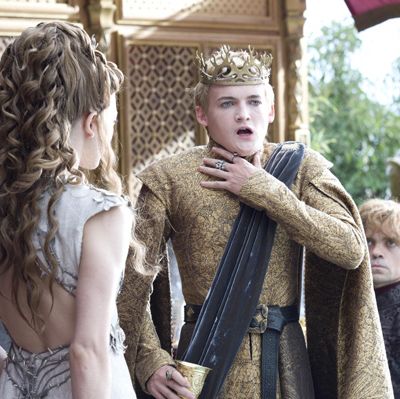 The 7 Moments That Got Us Hooked on Game of Thrones
The 7 Moments That Got Us Hooked on Game of ThronesFeatures Our lives were never the same again.
By kaitlin tambuscio Published
-
How to Binge-Watch Like a Pro
How To Because there is no greater way to spend your day.
By Laura Cohen Published
-
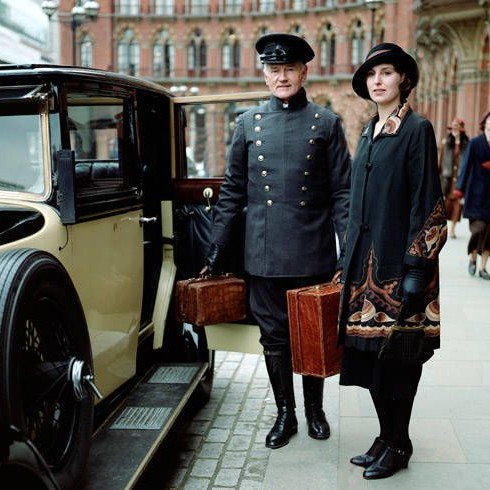 Downton Abbey Season 4, Episode 7 Recap: Downton Abbey is Pro-Choice
Downton Abbey Season 4, Episode 7 Recap: Downton Abbey is Pro-ChoiceWhen Lady Edith considers an abortion, she decides to do what so many other TV and film characters before her have done.
By Claire Howorth Published